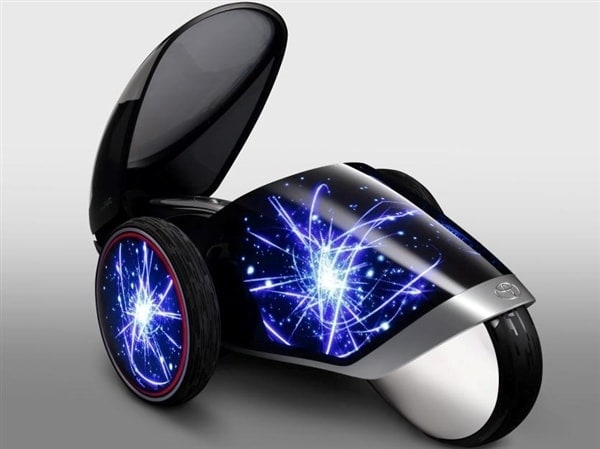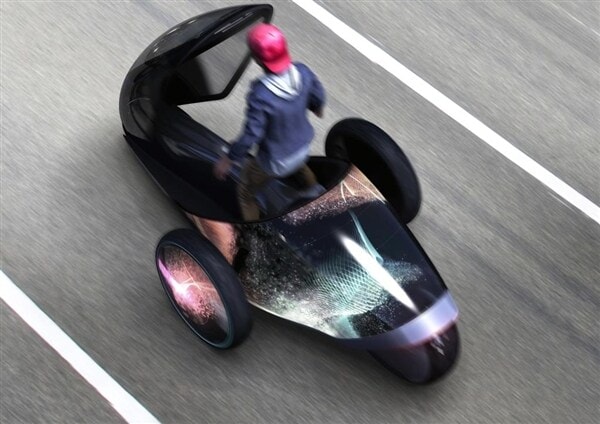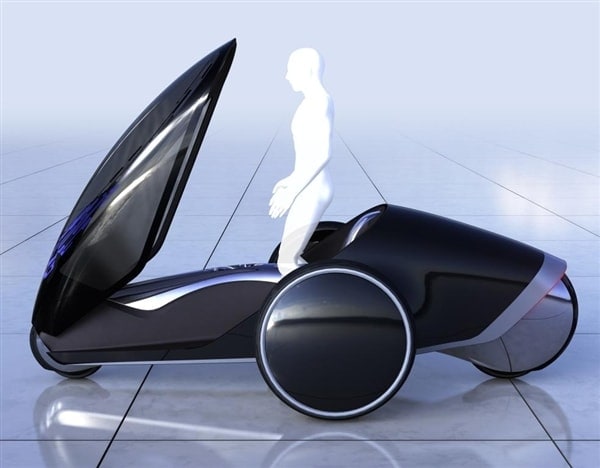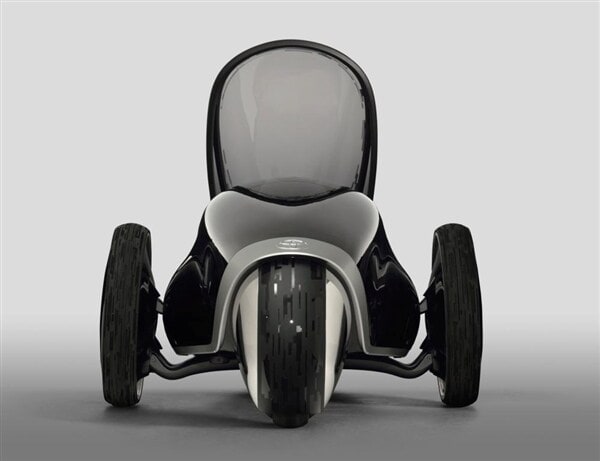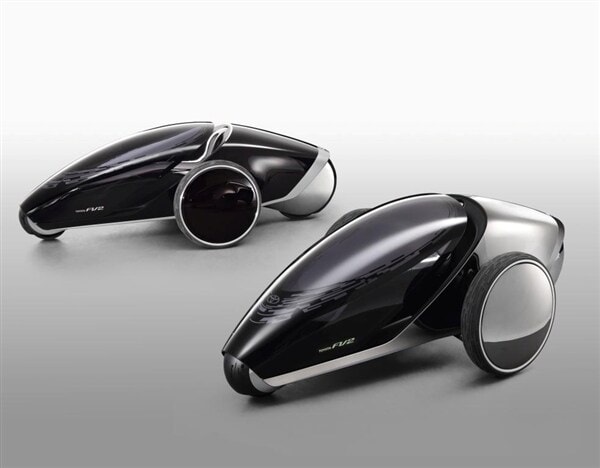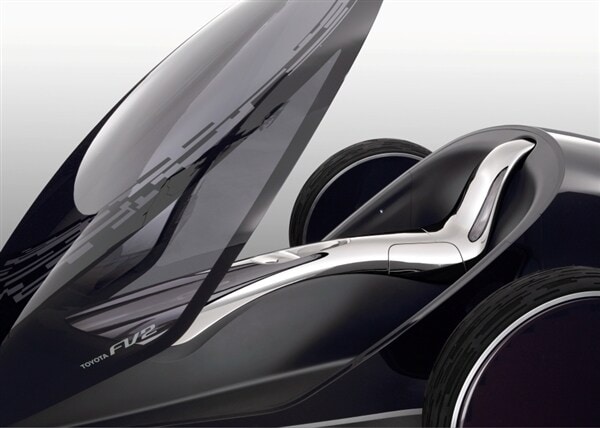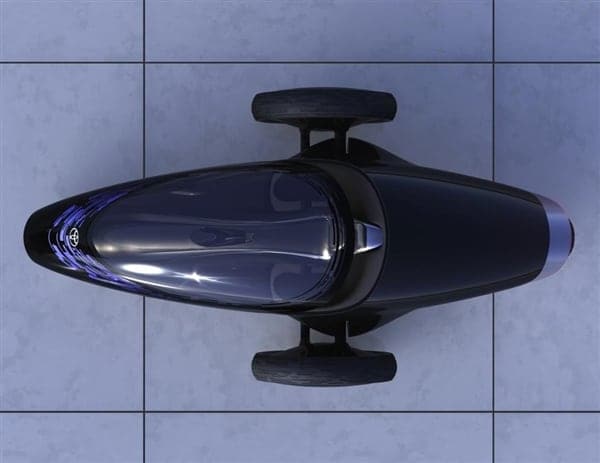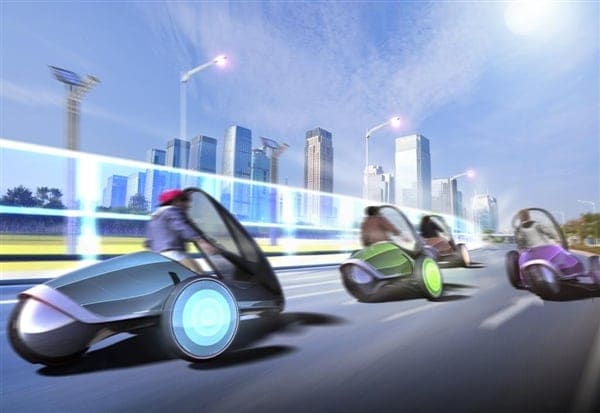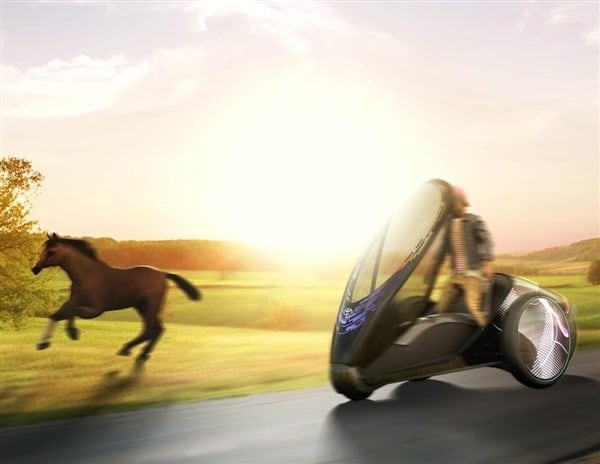Making its debut at the Tokyo Auto Show, the Toyota FV2 Concept represents the automaker’s attempt to create an innovative vehicle that maintains an intimate, fun-to-drive character in a world where automated driving technology has become the norm. Kind of like a semi-enclosed, super-scale Segway with a Star Wars design ethos, the FV2 Concept literally redefines basic man/machine interface by using the fore/aft and left/right body motions of its upright driver to replace input from all conventional control devices. Toyota likens this interaction to the relationship between a horse and its rider.
Also: 10 Best Sedans Under $25,000
In addition to connecting with the driver physically, the FV2 Concept also was designed to engage with its operator on an emotional basis. It uses technology originally developed for the Toyota Heart Project — a communication research program based on an “Inspiring the Heart, Inspiring You” theme — to create a unique bond aimed at making the driving experience more enjoyable. The FV2 relies on artificial intelligence derived from cumulative voice and image recognition input to assess its driver’s moods, skills and history, offering suggestions for destinations or routes that would likely provide greater driving joy for both parties. Your call as to whether that sounds incredibly clever or just a bit creepy, but there’s no denying that it’s innovative.
Also: 10 Best SUVs Under $25,000
Safety systems in the FV2 Concept include Toyota’s Intelligent Transport Systems technology that allows it to remain in constant contact with other vehicles and traffic infrastructure systems, and to provide its driver with a variety of critical updates on potentially hazardous situations using an augmented reality display on its panoramic windshield. The color and patterns that appear on the FV2 Concept’s exterior panels also can be quickly and easily changed to better suit its driver’s mood of the moment.
Popular at KBB.com
10 Coolest Cars Under $25,000
10 Best SUVs Under $25,000
Your 12 Midsize Sedan Choices
